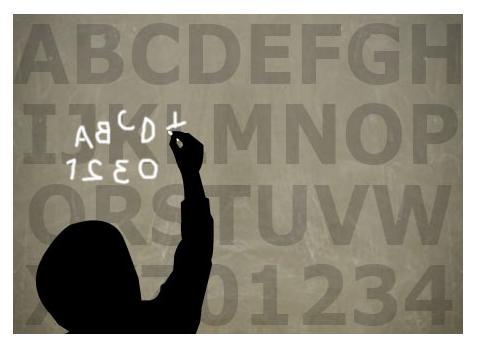Dyslexia, a disorder that causes an individual to suffer from reading disabilities and inaccurate comprehension, has befuddled researchers trying to pinpoint root causes. But new research shows that music may be the best way to increase brain function and literary skills for those suffering from dyslexia.
An initial theory for the cause of dyslexia was a disconnection with musical timing skills and a lack of awareness for sound — what scientists call phonological deficit syndrome. Phonological skills are determined on three different levels: syllables, onsets (beginnings of words) and rimes (endings of words).
A 2003 doctoral research study titled Dyslexia and Music: Measuring Musical Timing Skills involved a study on the possibility that music training could improve dyslexic children’s language and literary skills. A series of musical aptitude tests (MATs), which focus on listening skills divided into components such as pitch, rhythm and melody perception, were given to 15 dyslexic children and 11 non-dyslexic children to compare results.
“Music training helps children improve their ability to hear rapid changes in sounds, they have trouble saying which sound comes first if two sounds are close together,” said Roderick Nicholson, the lead scientist on the study.
The initial study started with a small number of MATs, which were given to 28 children between ages 6 and 7, who were screened for risks of reading difficulties. The musical test scores of six children with a strong reading difficulty were compared to the 16 children with no reading difficulties. The results showed that the children with reading difficulties scored significantly lower than the 16 children who didn’t have any reading problems. This called for the scientists to conduct more extensive tests that involved a variety of skills and incorporated musical experience.
For the main study, 16 dyslexic boys between ages seven and 11 were taken from an independent school, and 18 non-dyslexic boys ages seven and 11 were chosen from another school. The children were tested on the literacy test and the MATs, where the tests were conducted individually in sessions of 20 to 30 minutes over the course of three weeks. The scores for the dyslexic group on the literacy test were much lower than the non-dyslexic group. On the musical aptitude test, the dyslexic group scored lower than the non-dyslexic group on rhythm skills, but higher on pitch skills and singing.


